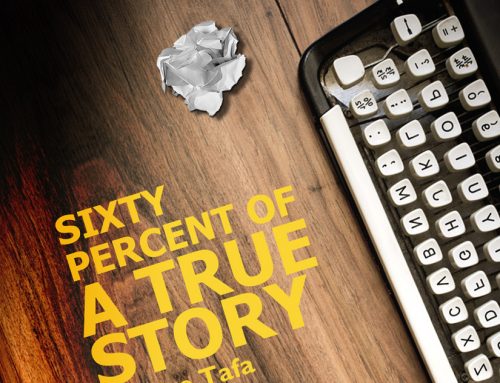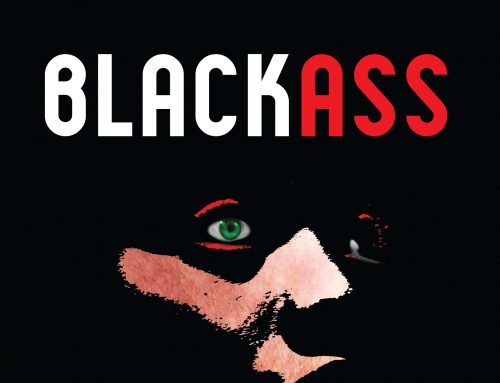 The first time I picked up John Grisham’s book, the ‘Pelican Brief’, I was thrilled by his ability to talk about the practice of law while weaving a crafty web of intricacies and stories is beautiful. Having read 75% of his titles, it was with great joy and anticipation that I picked up his most recent book, ‘Sycamore Row’.
The first time I picked up John Grisham’s book, the ‘Pelican Brief’, I was thrilled by his ability to talk about the practice of law while weaving a crafty web of intricacies and stories is beautiful. Having read 75% of his titles, it was with great joy and anticipation that I picked up his most recent book, ‘Sycamore Row’.
Set in 1988 as a sequel to his first book –‘A Time to Kill’ – Grisham established that he still had the capacity to spin a yarn, 2 decades later. Describing Sycamore Row as a sequel to A Time to Kill is playing it quite close to the ear as the story in the former is not a continuation of the latter. Some of the characters in the earlier story do make an appearance in Sycamore Row but the stories are markedly different.
Wealthy business man, Seth Hubbard is dying of cancer and carefully orchestrates his own death. The body of the 70 year old is found hanging from a Sycamore tree by one of his employees. Being a meticulous planner he leaves a note which eliminates any suspicion of foul play. He also writes a holographic will which disinherits his children and gives the bulk of his estate to his black housekeeper. Seth also gives 10% of the estate to his church and his long lost brother, Ancil – in equal proportion. This new will is put in the mail to the office of our hero from A Time to Kill, Jake Brigance.
Seth and Jake have no prior association but Seth states in his letter that Jake was chosen for the task ahead because of the good work he did with the Carl Lee trial (from A Time to Kill). Seth knows that his testamentary document is going to cause an uproar he warns Jake ahead : “My estate is substantial – they have no idea of its size – and when this is made known they will attack. Fight them, Mr. Brigance, to the bitter end. We must prevail.”
And with that, Grisham unveils the story and takes us on the journey of finding out just how much Seth is worth and why he has made this unusual bequest to Lettie Lang.
We are re-introduced to characters from the previous book; and while nothing has changed much with respect to their personalities, Grisham manages to use them to build the main framework of the story.
Lucien Wilbanks, has bursts of insight when he isn’t drowning in alcohol and together with Harry Rex, (also one who struggles with booze) they help with the progression of the story.
There are times when the narrative is long winded and Grisham takes us on journeys into the lives of certain characters then he doesn’t fully resolve their position in the plot. He spends a lot of time developing the character of Booker Sistrunk and kicks him out of the book halfway through. There is an attempt to give him certain relevance towards the end but it falls short of being effective.
Grisham also employs the omniscient point of view style of storytelling. He basks in the breaking all the rules as he jumps from the head of one character to the next. He, however, does it skillfully that there is no doubt in the mind of the reader of who is thinking what. It also helps with the transitioning of the plot.
He makes readers fall in love with the intricacies of the law and speaks like a true lawyer through his characters.
As Carla Brigance asks her husband: “Why in the world do you want to be a trial lawyer?” Grisham gives us a glimpse into why every trial lawyer does what he does as Brigance replies:
“Because I love it. It’s what being a lawyer is about. Being in the courtroom, in front of a jury, is like being in the arena or on the field. The competition is fierce.”
The reader is also shown that like every game being played, the law can be dirty and extremely messy. “Ethics are determined by what they catch you doing. If you don’t get caught, then you haven’t violated any ethics.”
Grisham also dips into the issues of racial divide in Mississippi taking us on a historical trip to a place so horrible that we feel an intense desire never to return to a time so cruel and barbaric.
As Jake strives to ensure that Seth’s wishes are carried out, he has to face the challenge that is posed by the school of sharks representing the interests of the children now disinherited by the holographic will.
Sycamore Row is a good book which is a reflection of the author’s skill at being a legal fiction writer as well as a voice for the obscure Southern lawyer.





Ꮋmm it appears liкe your website ate my first comment (it was extremely long) so
I guess I’ll just sum it up what I had written and say, I’m thoroughly enjoyіng your blog.
I too am an aspiring blog bⅼogger but I’m stiⅼl neѡ to everytһing.
Do you have any tips and hints for first-time blog writers?
I’d really apρreciate it.
Hiya,
Thanks for reading o.
🙂 Advice is and will always be… just write. Read a lot and just write. Don’t worry about perfection. Write and read about the tips and style of writing. There’s a lot of free online classes. Sign up for them and then write some more. I hope that helps.
Cheers